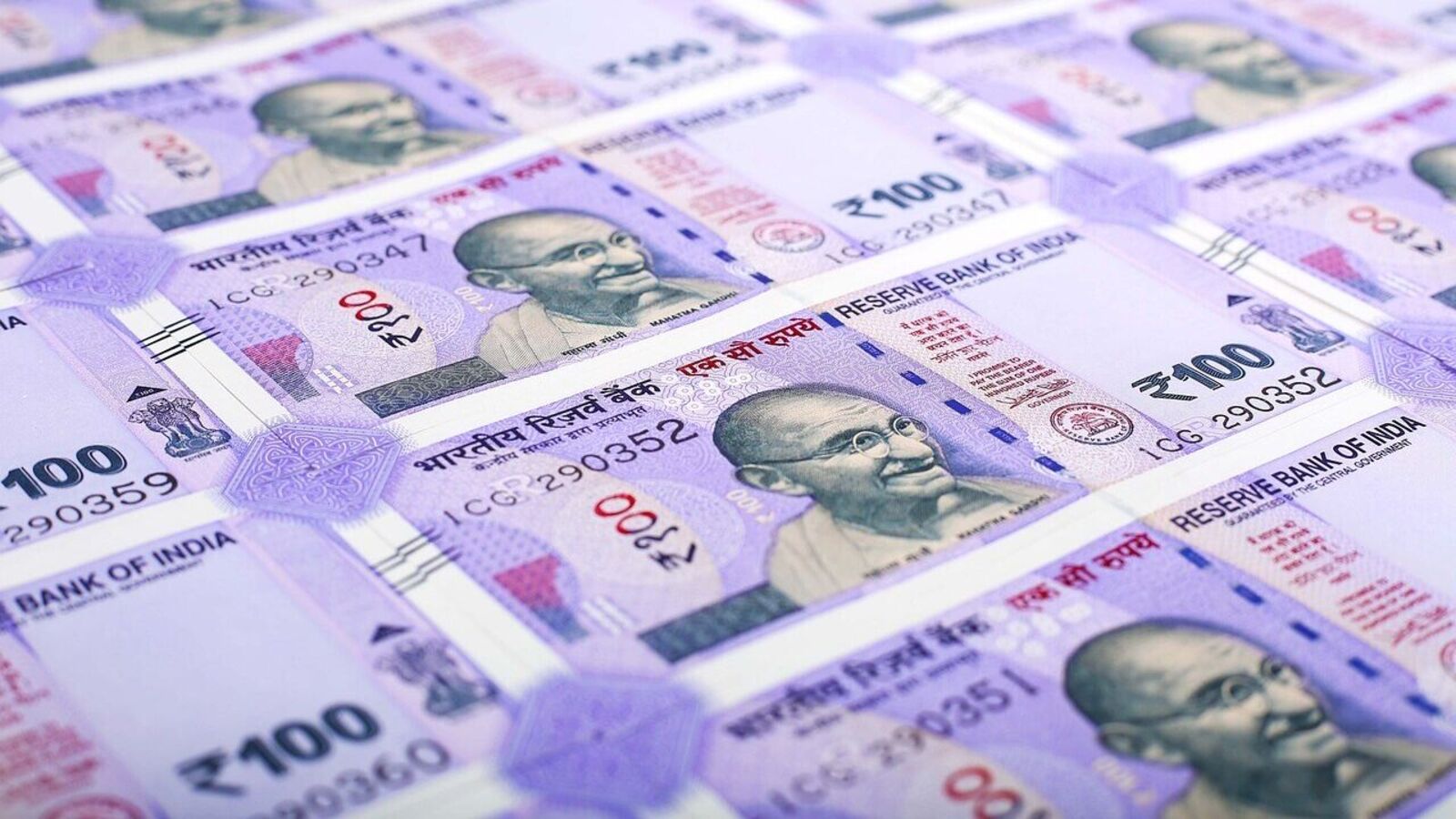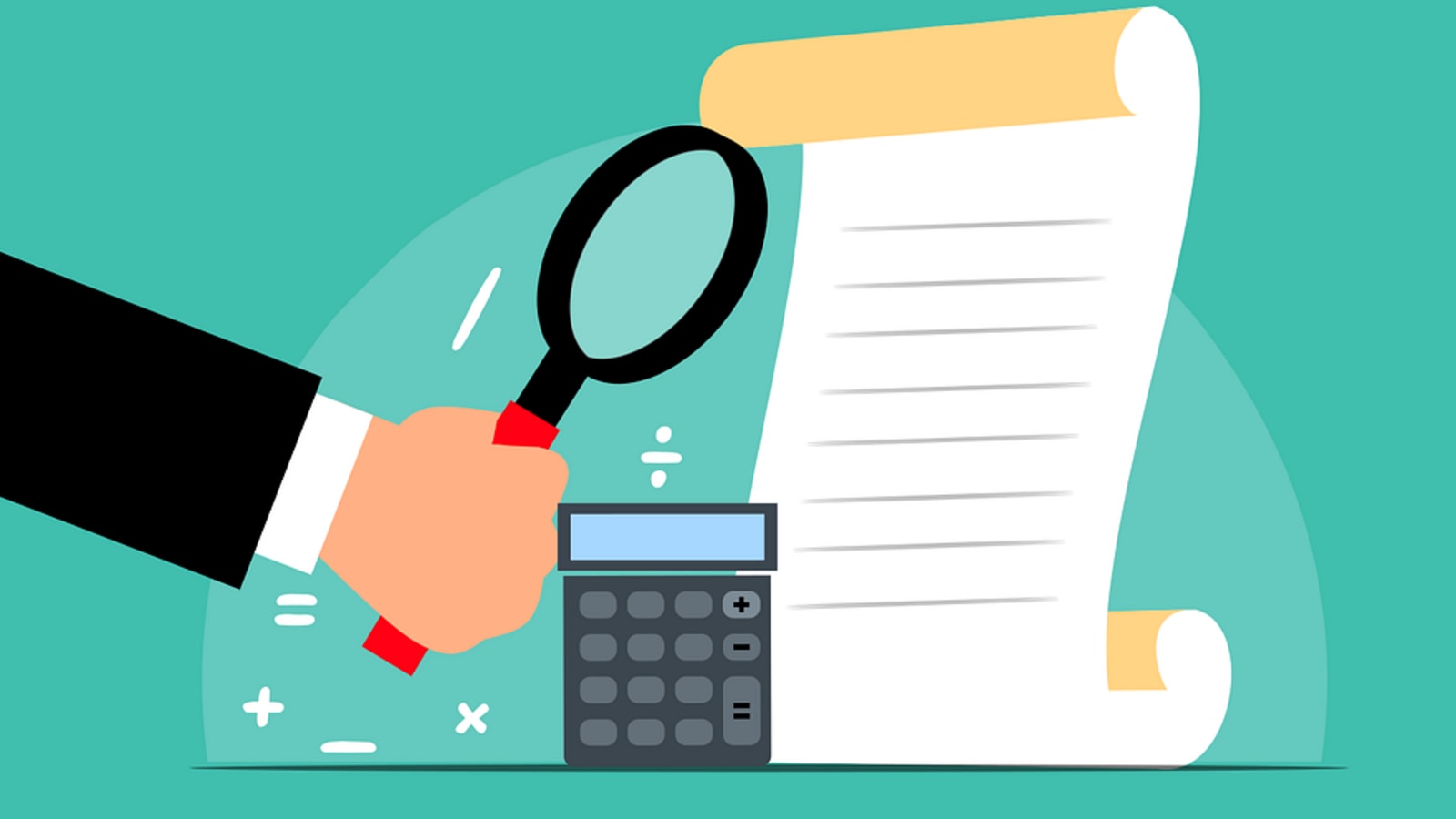If you are an active investor and often make profits on the sale of your securities, bonds or investment funds, you should consider the tax rate that applies to these transactions. The profits arising from the sale of assets are taxed under the so-called capital gains tax regime.
This can be ‘short term’ or ‘long term’ depending on the period the asset was held before being sold. Let’s understand more about this.
On July 23, 2024, the entire capital gains tax rate structure was renewed during the 2024 budget. From the tax rate to the exemption limit, the entire framework has been adjusted to make things easier for the taxpayers. As for financial assets, the tax rate is almost the same as that of non-financial assets. However, the difference lies in the time period that determines whether they will be long-term or short-term capital gains.
With regard to financial assets, longer than ‘one year’ is considered a long term, while for non-financial assets such as real estate or gold this period is ‘two years’.
Here we list the current tax rates and time limits that apply to the sale of financial assets.
Capital gains tax: 6 important things to know
I. Rate on LTCG: Sales of financial assets such as shares are subject to 12.5 percent tax if they are sold after being held for more than a year. Even non-financial assets face the same capital gains tax rate.
II. Debt investment funds: When someone sells unlisted bonds and debentures, debt mutual funds and market-linked bonds, the capital gains rate that applies is the applicable rate, i.e. the rate the taxpayer falls under. This is regardless of the retention period.
III. Short-term capital gains: Where a financial asset is held for less than a year, the tax rate is 20 percent for certain assets, including STT-paid listed shares, equity-oriented investment funds and business trust units (section 111A).
IV. Exemption limit: Capital gains tax only applies above the exemption limit that has been set ₹1.25 lakh in a year.
V. Time period: The time period that determines whether an asset will generate a short-term capital gain (STCG) or long-term capital gain (LTCG) is one year in the case of financial assets. This means that when a financial asset is held for more than one year, the tax rate that applies is long-term capital gains (LTCG). This does not apply to debt funds and unlisted bonds. Read point II.
VI. Sale of gold: The tax rate on the sale of gold will be 12.5 percent if it is sold after owning it for more than two years. For sales before two years, the tax rate is the slab rate.
Frequently Asked Questions (FAQs):
You sold shares that you bought more than 1 year ago. You’ve earned it ₹1.5 lakh capital gain. What is the tax rate?
Because there is an exemption limit of ₹1.25 lakh, the tax is applicable ₹25,000 (1.5 lakh – 1.25 lakh). The tax rate in this case is 12.5 percent.
You sold stock funds that you bought six months ago. What will be the capital gains tax rate?
20 percent tax is levied on this, taking into account the exemption limit of ₹1.25 lakhs.
You sold debt mutual funds that you bought two years ago. What will be the capital gains tax rate?
This will attract the rate applicable as per your tax bracket. If you fall under the 10 percent tax bracket, the capital gains tax rate is also 10 percent.
What were the key changes introduced in July 2024 regarding capital gains?
The changes include an increase in the tax rate on long-term gains on shares from 10 percent to 12.5 percent. The tax rate on short-term capital gains on shares was increased from 15 to 20 percent. In addition, an exemption limit of ₹1 lakh was raised from the sale of shares ₹1.25 lakh on LTCG.
View all Instant Personal Loans, Business Loans, Business News, Money News, Latest News Events and Latest News Updates on Live Mint. Download the Mint News app to get daily market updates.
MoreFewer











